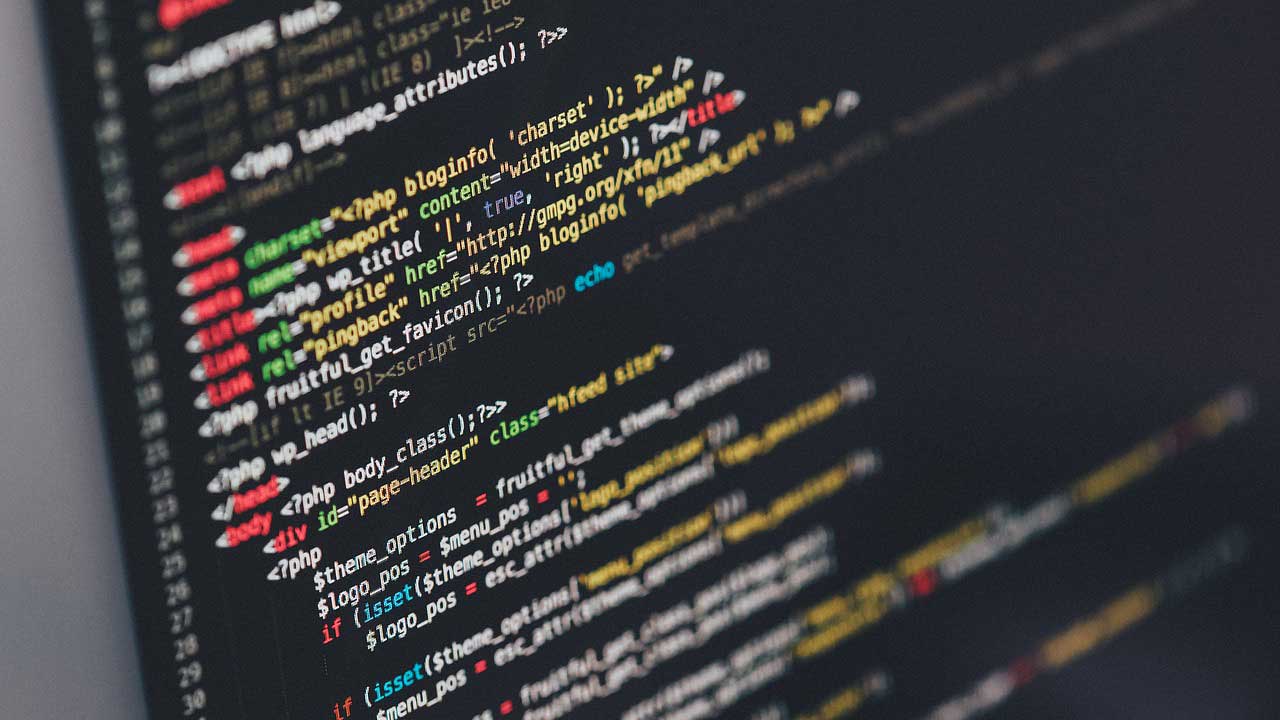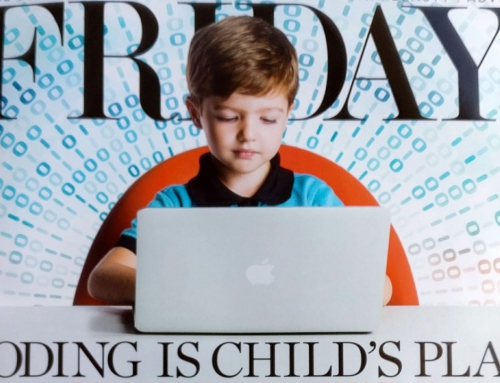To Code or Not – How Essential is Programming?

The endeavour to cover the gap between technology usage and technological self-efficacy has revolutionized classrooms! Organizations like Code.org have taken the computing game to the next level with concepts like ‘Hour of Code’. In an environment where programming seems to have taken the world by storm, and coding seems to be the buzz word, we need to ask ourselves some basic questions: Does everyone need to know programming If so, why?
The answer to this lies embedded in the anomaly of a learning system that imposes traditional learning methodologies in today’s dynamic environment. While the former focused on knowledge acquisition via textual material, the penetration of technology in today’s learning environment has negated the need for rote learning – well processed information is a click away. The need of the hour is creative and logical problem solving among skill sets that promote a collaborative set-up.
Aside from the fact that programmers are and will continue to be in high demand in a digital global economy, digital literacy is rapidly becoming a mandate. According to Gabe Newell, co-founder of video game developer Valve, “The programmers of tomorrow are the wizards of the future. You’re going to look like you have magic powers compared to everybody else.”
“Learning to code unlocks creativity and builds confidence in students regardless of age, gender, or race. Computer programming can also be a teaching tool for other subjects, from physics to French,” opines Dennis Van Roekel, President, National Education Association.
While most struggle to realize the relevance of programming to students in non-tech fields, Susan Wojcicki, Senior Vice President, Google, says, “Learning to code makes kids feel empowered, creative, and confident.
Programming exposes learners to the logical constructs that enhance their critical reasoning and computational thinking, encouraging eductive efficacy. Whether it be working on animations, creating games, crafting presentations, or building and programming robots, programming basics gives rise to learners capable of breaking down complex tasks to sequence them into simpler logical constructs.
Enabling young learners to comprehend the rationale associated with programming helps them develop a positivity towards learning, where errors are not stigmatized; a scientific thought process that allows for trial and error, and experimentation to develop optimal solutions to real world challenges. Let us endeavor to create successful 21st century learners!
Connect With Us
Join our mailing list and stay informed of the latest offers, events and happenings at The Logix Engine. Please enter a valid Email ID to subscribe to our mailing list.





